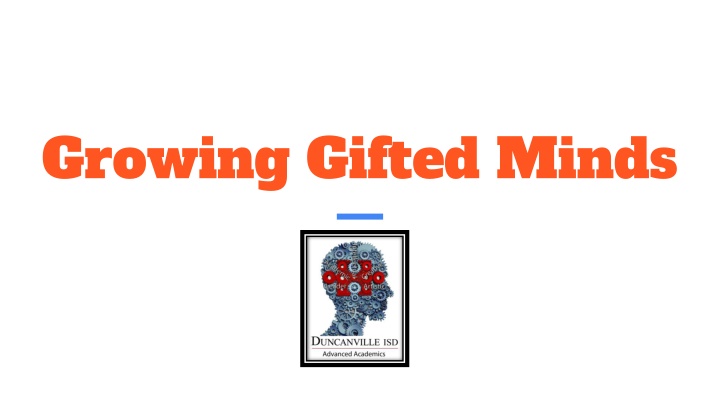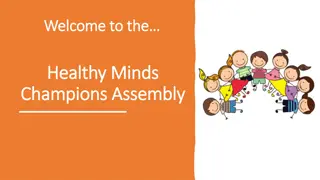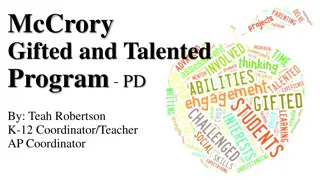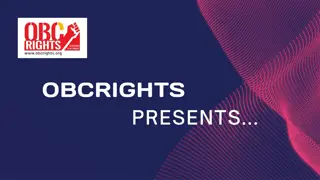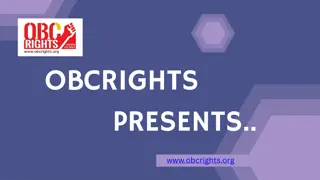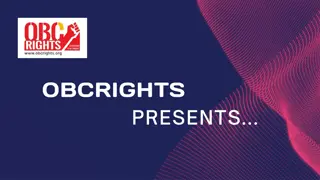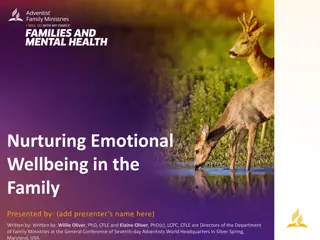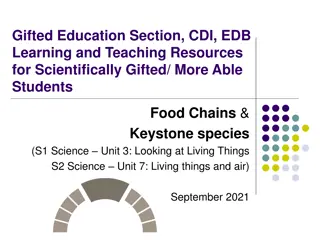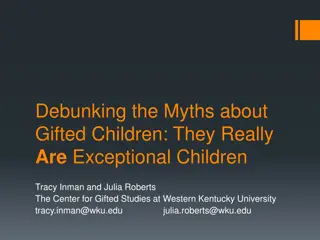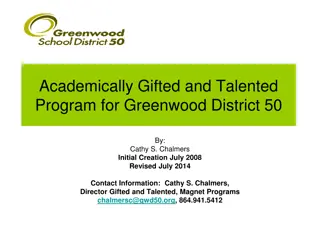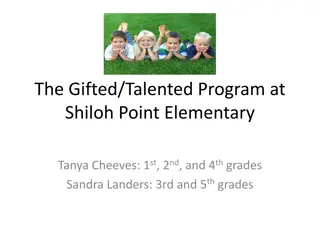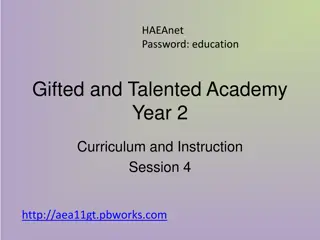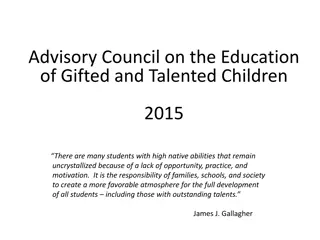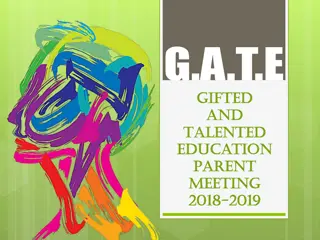Nurturing Gifted Minds: Understanding, Empowering, and Growing
Explore the complexities of defining giftedness, the impact of perceived control and self-efficacy on resilience, and the dynamics of praise in nurturing gifted minds. Delve into topics such as adult-child relationships, talent recognition, and the significance of control over one's abilities. Discover how supportive environments can foster growth and empower gifted individuals to reach their full potential.
Download Presentation

Please find below an Image/Link to download the presentation.
The content on the website is provided AS IS for your information and personal use only. It may not be sold, licensed, or shared on other websites without obtaining consent from the author.If you encounter any issues during the download, it is possible that the publisher has removed the file from their server.
You are allowed to download the files provided on this website for personal or commercial use, subject to the condition that they are used lawfully. All files are the property of their respective owners.
The content on the website is provided AS IS for your information and personal use only. It may not be sold, licensed, or shared on other websites without obtaining consent from the author.
E N D
Presentation Transcript
Agenda To explore the power of perceived control. To understand the impact of self-efficacy on resilience To understand the impact of positive adult-child relationships on resilience To practice positive praise
Activity: How do we define...? Take a moment to think about a runner. Create a mental picture of this runner. Think about his or her characteristics. Think about what does he or she does.
How do we define gifted and talented? Does a child s IQ make him or her gifted and talented? What if the child doesn t do any work in school, is s/he gifted and talented? What if the child only does what is required, is s/he gifted and talented? Does the child have to show a talent in some way to be gifted and talented? Does the child have to perform at a high level in order to be gifted and talented? We all have different definitions of gifted & talented. This creates healthy conversations but can also lead to unnecessary stress for a child.
How are we GROWING our gifted minds? How would you personally react to the following statements? You have a high IQ, you are smart. You are smart; why aren t you doing your work? You are smart; I expected more out of you. You can do this; you re smart. You were able to accomplish that because you re smart. Based on those statements, what do you feel you have control over?
Are they in control of their gifts? When we feel as though we have no control, we are prone to apathy and learned helplessness. However, if the person believes in he or she has control of abilities, he/she can perform better and change behavior. Aronson, Akert, Wilson, Timothy (2010); Rotter, J. (1954).
The Power (and Peril) of Praise According the article, what it happening when we say: You have a high IQ, you are smart. You are smart; why aren t you doing your work? You are smart; I expected more out of you. You can do this; you re smart. You were able to accomplish that because you re smart.
Perceived Control = Growth & Resilience We want children who feel in control of their abilities. We want children who don t give up at negative setbacks. The Center on the Developing Child (Harvard University) found a common set of factors that predispose children to positive outcomes in the face of adversity. Included in these factors are: Supportive adult-child relationships Building a sense of perceived control.
Some people are just born with natural math skills; it s not fair! I m just not a Math Person. I don t think like that. Growing Resilience This math is very difficult, and I m not on that level yet. I need some help. I can t do this yet. If I really apply myself and get some help, I can do this!
Resources Bust your Buts: Tips for Teens who Procrastinate by Dr. Joanne Foster Mindset: The New Psychology of Success (book) The Power (and Peril) of Praising Your Kids (New York Times article) Resilience from The Center on the Developing Child (Harvard University)
Sources Aronson, Elliot; Akert, Robin M.; Wilson, Timothy D. (2010). Sozialpsychologie. Pearson Studium. As quoted in Perceived Control Wikipedia.org Dweck, Carol (2004; 2007). Mindset: The New Psychology of Success. Ballantine Book Nolen, Jeannette. "Learned Helplessness". britannica.com. https://www.britannica.com/science/learned-helplessness Rotter, J. (1954). Social learning and clinical psychology (Prentice-Hall psychology series). New York: Prentice-Hall.
